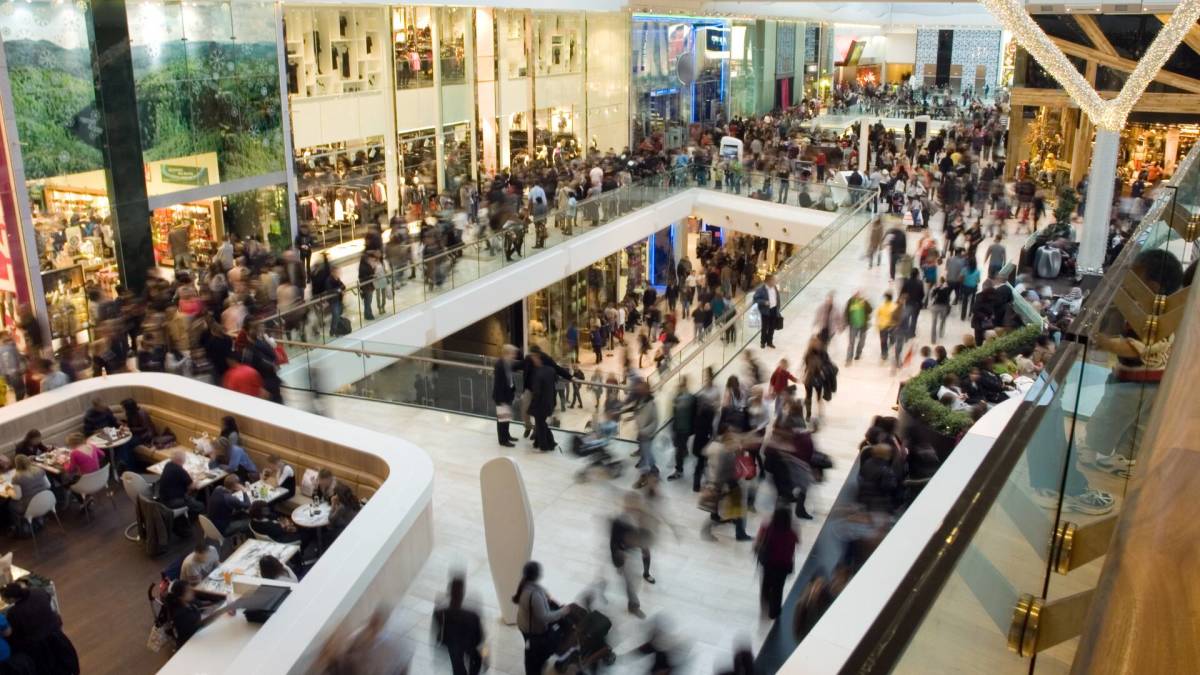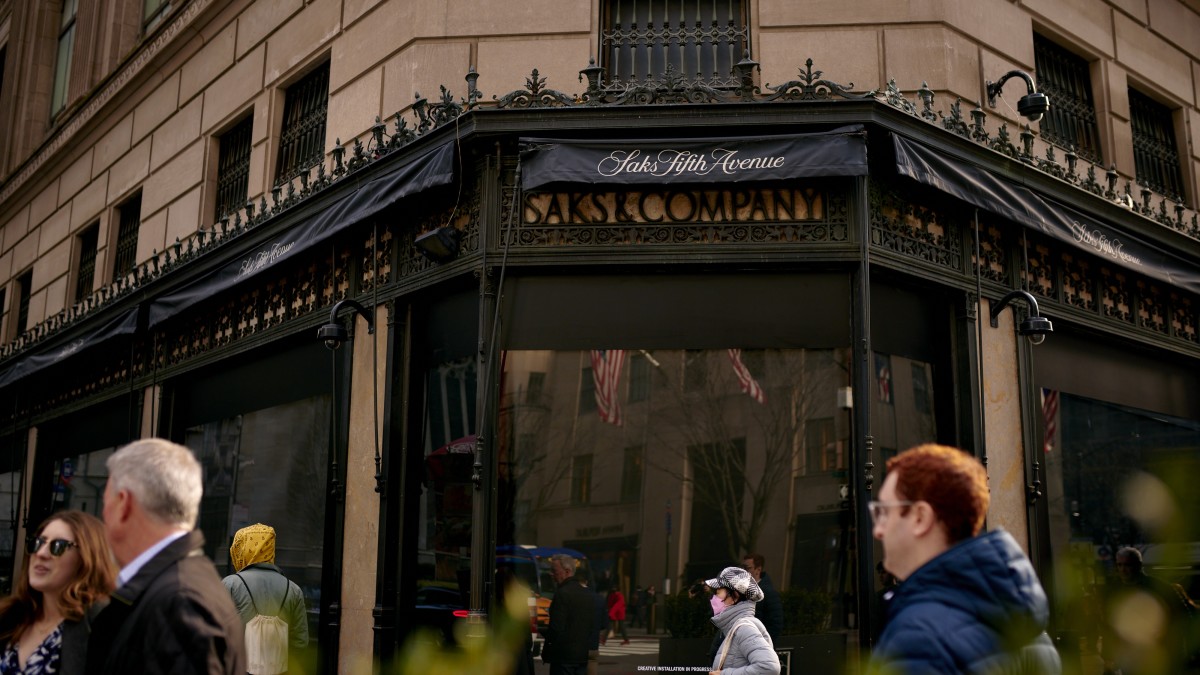
If you've spent any time around a shopping mall recently, chances are you've noticed a couple of changes.
The locale used to be a hub for commerce, birthday parties, social get togethers, dining, and even a spot for people who wanted to get a couple of laps in for cardio workouts.
Related: Bankruptcy Watch: Troubled retailer closing hundreds of stores
Nowadays, however, your nearest mall probably looks as though it's seen better days.
Thanks to a decline in foot traffic (and overall interest) many shopping malls across the United States have a growing amount vacancies; few retailers can justify paying the outsized rent associated with malls when they are no longer afforded access to a higher volume of consumers.
Covid only accelerated this trend. Only the strongest retailers survived – perhaps despite their attachment to malls – and some of the biggest corporations have struggled to grapple with generalized disinterest in massive, contained shopping hubs.
Related: Popular fast-casual Mexican chain closing dozens of restaurants
Macy's, for example, has warned that it will shutter 150 underperforming stores across the country as it attempts to right side its business. Other once popular mall retailers, like Express, Forever 21, JC Penney, and Gap are now relics of the past. Many have shuttered hundreds of stores, filed for bankruptcy, or sought rebrands and new ownership.

Gabby Jones/Bloomberg via Getty Images
Luxury stores have a different experience
Stores that cater to customers in a higher tax bracket, however, have experienced a different sort of hardship.
Rather than declining interest, luxury retailers have largely experienced a surge in popularity as more folks put their disposable income toward brand name items and designer labels.
More Retail:
- Ulta CEO sounds the alarm on a growing problem
- Lululemon releases a first-of-its-kind product
- Target store introduces a new 'over 18' policy
- Amazon launches genius new subscription product
But with increased popularity come increased challenges. Many retailers post Covid have dealt with huge upticks in inventory shrink, or retail theft, as a higher number of people desperately try to get their hands on coveted items.
Saks Fifth Avenue takes a drastic approach
Saks Fifth Avenue is one such retailer that has grappled with an uptick in theft, particularly in some harder hit areas like San Francisco.
Thanks to a rise in retail theft, armed robberies, and inventory shrink, many retailers have left San Francisco, leaving vacancies at popular malls like the downtown San Francisco Centre, formerly a Westfield shopping center.
Some retailers that have left the once popular downtown shopping district include:
- Nordstrom
- Nordstrom Rack
- The North Face
- Hollister
- Adidas
- Lego
- Anthropologie
- Old Navy
- Express
- Whole Foods
But Saks has decided to take a different approach.
Rather than leaving San Francisco, Saks will pivot its in-store shopping experience to appointment only, meaning any customers looking to peruse its luxury shelves will have to make an appointment ahead of time to gain access.
The change, which is the first of its kind for department stores in the United States, will take effect on Aug. 28.
“We’re always looking for innovative ways to optimize our store experience to match luxury consumers’ evolving expectations, including by meeting our customers where and how they want to shop with us," a spokesperson for Saks said. "With that, beginning Aug. 28, we are transforming our Saks Fifth Avenue San Francisco store to operate by appointment only, enabling associates to offer customers more refined services tailored to their preferences. We look forward to serving our San Francisco customers with this new experience.”
Related: Veteran fund manager picks favorite stocks for 2024







